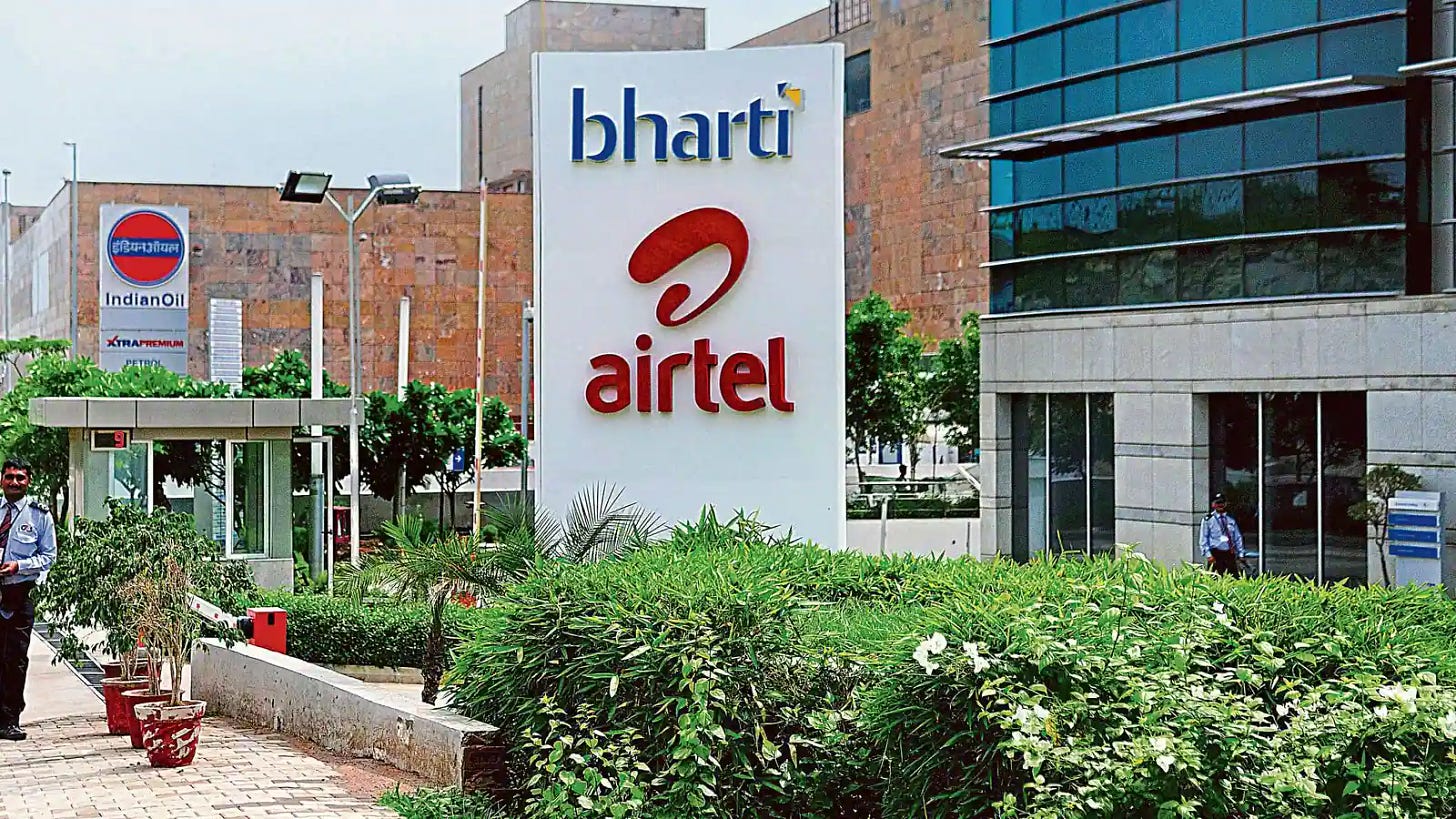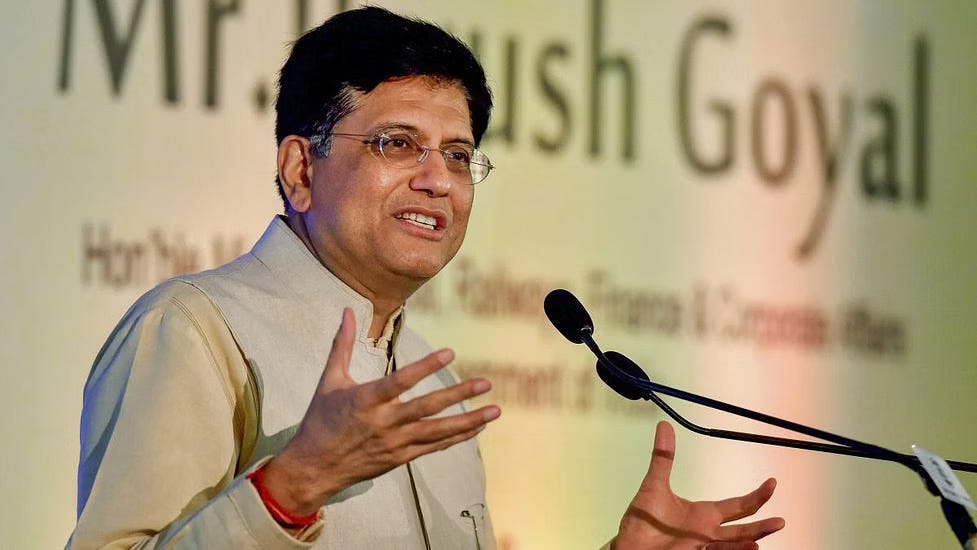The Policy Wrap: Google to pay developers $90 million to settle a lawsuit, PM launches initiatives for start-ups, and more
The Policy Wrap is ADIF’s weekly newsletter on all things policy in the Indus Valley Ecosystem and beyond. Share your feedback and comments with us at amanat@adif.in.
Information Technology (IT Act)
Twitter India moves Karnataka High Court against government orders
Twitter India has filed a writ petition in the Karnataka High Court challenging certain notices and content takedown orders issued by the Union government.
The social intermediary approached the courts as it found several of the blocking orders issued by the Ministry of Electronics and Information Technology (MeitY) “overboard and arbitrary, failed to provide notice to originators of the content” and were “disproportionate in several cases,” according to sources who spoke on the condition of anonymity.
“Several blocking orders that were issued only ‘cite’ the grounds of Section 69A (of the Information Technology (IT) Act 2000) but fail to demonstrate how the content falls within those grounds, or how the said content is violative of Section 69A,” said one of the people cited above.
In an exclusive report on June 29, the Economic Times said the IT Ministry had issued a notice to Twitter giving it a "last chance" to comply with all the notices and takedown orders issued under provisions of the IT Act or risk losing its intermediary status, and thereby, the protection accorded under Section 79 of the IT Act.
Internet and Mobile Association of India (IAMAI) says new IT rules likely to impact ease of doing business in India
IAMAI’s report titled “IT Rules, 2021: A Regulatory Impact Assessment Study” assessed mandates prescribed under the Information Technology (Intermediary Guidelines and Digital Media Ethics Codes) Rules, 2021. It was released by the Internet and Mobile Association of India (IAMAI) and The Dialogue, a public policy think-tank.
The report stated that a majority of intermediaries and other key stakeholders fear that the new IT rules may affect the ease of doing business in India.
The majority of stakeholders expressed a need for resetting the threshold for designating the significant social media intermediaries (SSMIs). According to the current norms, social media intermediaries having 5 million users are considered as SSMIs — the report observed that the figure is too minuscule for a country with a population of 1.3 billion.
Additionally, stakeholders including intermediaries and legal experts raised concerns over the provisions related to content takedown and data retention.
The intermediaries said the timelines for the content takedown and information assistance rules were creating burdens. The singular timeline for the takedown of all grades of harmful content was an overwhelming and impacted investment, the report added. The study has recommended the creation of a risk-based content gradation mechanism to provide specific timelines for different grades of harmful content.
Amar Patnaik, Member of Parliament (Rajya Sabha), said at the time of releasing the report: “Takedowns must be graded, and one cannot compare differing forms of harm and put them in the same (regulatory) basket.”
Appstore Ecosystem
Google will reimburse developers $90 million to settle a lawsuit over Play Store earnings
Google has stated that it will pay $90 million to settle a lawsuit with U.S. developers that accused Google of abusing its power of app distribution and charging an unfair fee of 30% for app purchases and in-app purchases made through the Play Store. The company noted that U.S. developers who made less than $2 million each year between 2016 and 2021 through Google Play Store earnings will be eligible for compensation.
The plaintiffs originally filed the case against Google in 2020 in California alleging that the company gained a monopoly in the Android app distribution space “through a series of anticompetitive contracts, strategic abuses of its dominance in other Android software applications, deficits in consumer knowledge and information, and the cultivation and exploitation of device users’ fear of malware.” The case document also harped upon the fact that Google had a default 30% Play Store tax for developers on the sale of apps or in-app purchases.
To handle the criticism on the 30% Play Store tax, in 2021, Google slashed its cut to 15% on the first $1 million earned by a developer each year. Later, it reduced Play Store fees to 15% for subscription-based apps and as low as 10% for media apps in select categories like e-books or music distribution.
According to an estimate by damages expert, Dr. Michael Williams, this fee reduction could save developers more than $109 million in service fees until 2025.
Payments Ecosystem
Non-bank Payment System Operators require the Reserve Bank of India’s (RBI) approval before making any sale or acquisition
The Reserve Bank of India (RBI) has mandated that non-bank payment system operators (PSO) will need to obtain its approval before sanctioning any acquisition or a takeover in a notification uploaded on July 4, 2022. These entities will also have to obtain RBI’s approval in case of a sale or a transfer of payment activity to unauthorised entities, the order continued.
The fintech sector has been on the RBI’s radar consistently of late. The notification is another example of the RBI tightening its regulatory noose around fintechs as many of the companies which provide payment services are start-ups. They are likely to be most impacted by this notification.
Competition Commission of India
Competition Commission of India (CCI) approves Google's proposed 1.28% stake purchase in Bharti Airtel
The Competition Commission of India (CCI) has approved Google’s investment of nearly $1 billion for a 1.28% stake in Bharti Airtel.
According to the agreement signed between the two firms, Google will buy a 1.28% stake in Bharti Airtel for $700 million and invest $300 million over the next five years in commercial arrangements in the areas of affordable mobile devices, 5G network and cloud technologies.
Startup Ecosystem
Prime Minister Modi launches Digital India Bhashini, Indiastack.global initiatives to boost start-ups
Prime Minister Narendra Modi on Monday (July 4) inaugurated the Digital India Week 2022 in Gandhinagar and launched a slew of digital initiatives to boost the start-ups in the country.
The prime minister launched the following initiatives aimed at enhancing the accessibility of technology and streamlining service delivery as a boost to the start-ups:
‘Digital India Bhashini’ will enable easy access to the internet and digital services in Indian languages, including voice-based access, and help the creation of content in Indian languages.
‘Digital India GENESIS’ (Gen-next Support for Innovative Startups) - a National Deep-tech Startup Platform, to discover, support, grow and make successful startups in Tier-II and Tier-III cities of India. A total outlay of ₹750 Crore has been envisaged for the scheme.
‘Indiastack.global’ - a global repository of key projects implemented under India Stack like Aadhaar, UPI, Digilocker, Cowin Vaccination Platform, Government e-Marketplace (GeM), DIKSHA Platform and Ayushman Bharat Digital Health Mission.
Google launches Startup School India, targets 10,000 startups in small cities
Google launched the Startup School India initiative which aims to gather relevant information on start-up building into a systematic curriculum to help 10,000 start-ups in Tier 2 and Tier 3 cities. The nine-week virtual programme will involve fireside chats between Google leaders and collaborators from across the start-up ecosystem.
E-Commerce
Open Network for Digital Commerce (ONDC) has the power to spawn thousands of Start-ups: Piyush Goyal
The government’s initiative for an open e-commerce marketplace, Open Network for Digital Commerce (ONDC), has the power to spawn thousands of start-ups, Commerce and Industry Minister Piyush Goyal said on July 4.
Referring to the likes of Flipkart and Amazon, who dominate the e-commerce sector in the country currently and have been under the government’s scrutiny for a slew of reasons, Goyal said that the ONDC has the power to produce thousands of unicorns.
“Rather than three companies being 100 billion or one trillion size, you will have a thousand companies each of a billion dollar. That is what ONDC has the power to do,” he added.
The minister also asked the Department for Promotion of Industry and Internal Trade (DPIIT) to onboard more start-ups on the Government E-Marketplace (GeM), saying that now even more services have been brought under the GeM. He also talked about the novel start-up-focused mentorship program, MAARG (Mentorship, Advisory, Assistance, Resilience and Growth) which will help start-ups at the ideation stage to get support and facilitate them in actualising their ideas.
Open Network for Digital Commerce (ONDC) to give public access by August, has 150 entities on board yet
Open Network for Digital Commerce (ONDC), will start opening up its platform for public use by August, as per senior officials.
ONDC has started its pilot in six cities and is seeing good transactions. “As we get more sellers on the platform, we will start opening it up for the public as well. At present, we have 150 entities. Of these, seven have gone live, 10 more will go live in a few months and 70 entities will get integrated on to the network by the end of this year,” said T Koshy, chief executive officer of ONDC.





